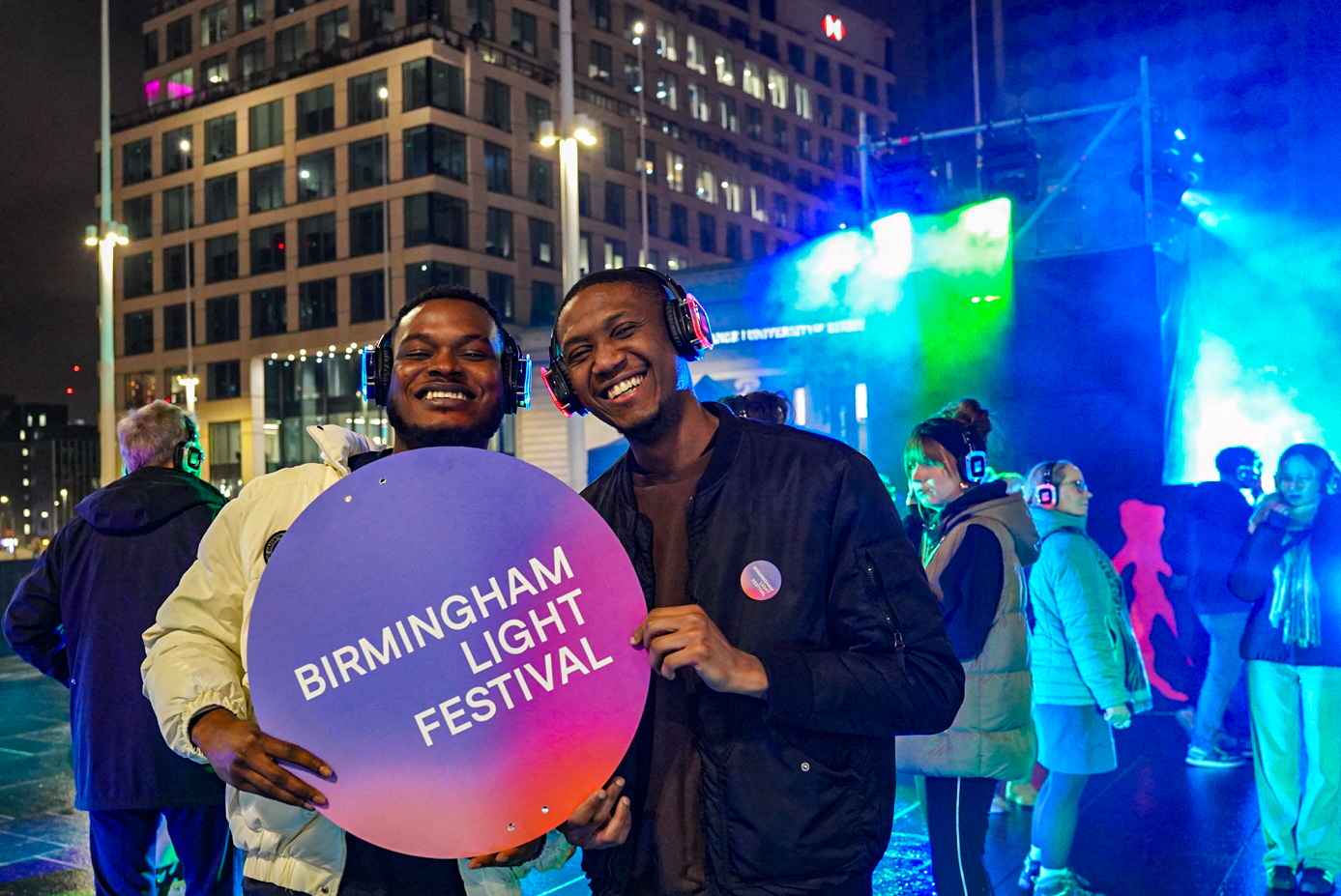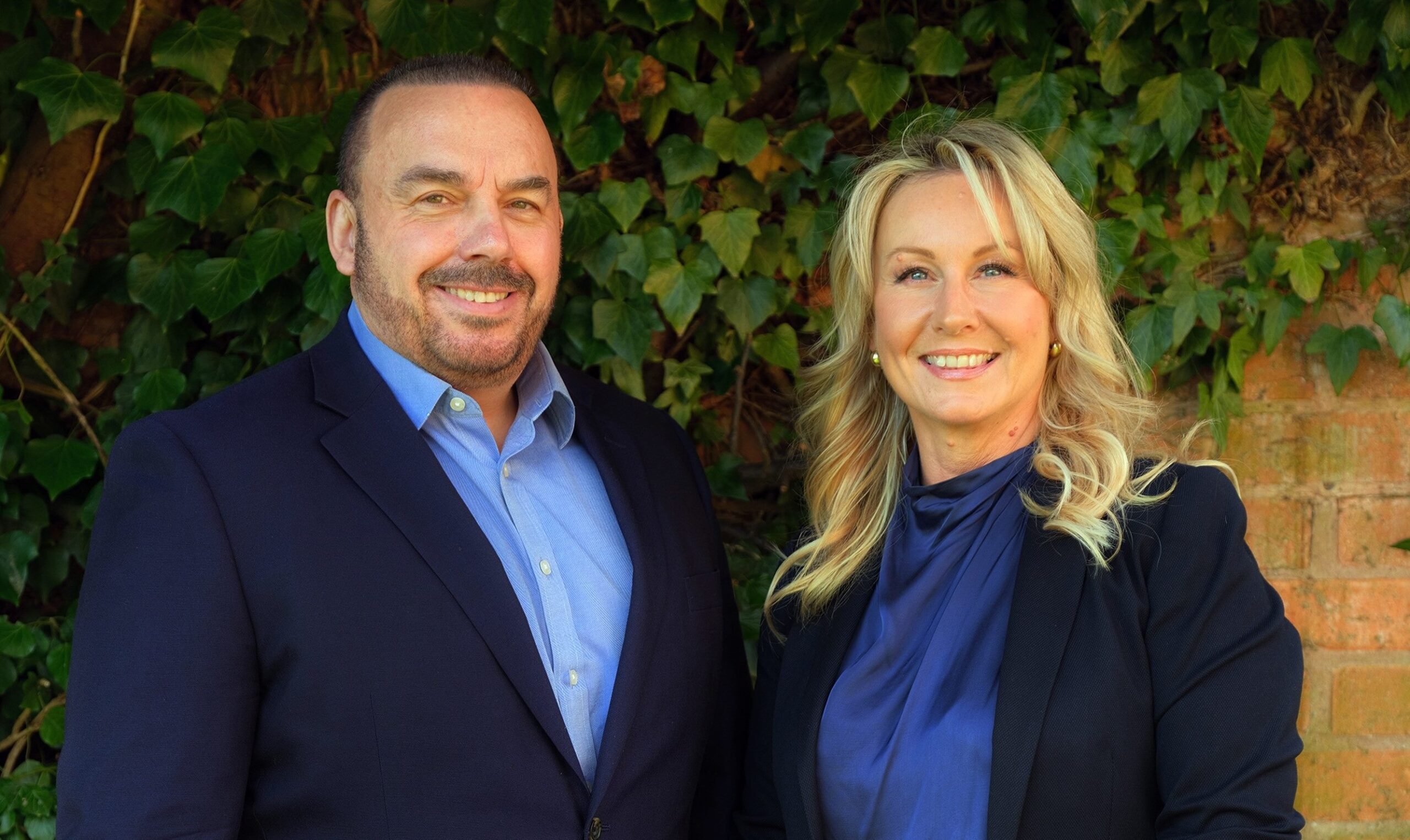How employers can support employees observing Ramadan
21 February 2025
Written by Omar Rashid (pictured), president of the Asian Business Chamber of Commerce and director of HR Dept Birmingham Central and Wolverhampton.
Ramadan is the holiest month in the Islamic calendar, observed by Muslims worldwide through fasting, prayer, and reflection.
It is expected to begin in the evening of 28 February 2025, but the exact date may vary depending on the sighting of the moon.
Different communities may follow local or global moon sightings, meaning that start and end dates can differ slightly. Employers should be mindful of this variation when supporting employees.
Employers should not assume that just because an employee has not previously requested a prayer room or openly practised Islam in the workplace, they will not require support during Ramadan.
This month is a deeply spiritual time for Muslims, offering an opportunity to strengthen their connection with God and demonstrate steadfastness in their actions.
As such, some employees may wish to engage in more frequent prayer, fasting, and other religious observances during this period.
Creating an open and supportive dialogue is key to understanding employees’ needs during Ramadan.
Employers should initiate discussions as early as possible, allowing employees to share their preferences and any adjustments they may require.
Encouraging a culture where employees feel comfortable expressing their needs ensures that appropriate support can be provided.
Fasting from dawn to sunset can have an impact on energy levels and concentration, particularly later in the day.
Employers can support employees by offering temporary adjustments, such as flexible working hours, earlier start and finish times, or the ability to work from home where possible.
Scheduling meetings at times that are less physically demanding for fasting employees—such as avoiding late afternoons—can improve engagement and productivity.
For many Muslims, Ramadan involves increased prayer and spiritual reflection.
Providing a quiet and private space for prayer demonstrates an inclusive approach and supports employees in their observance.
Even if employees have not requested such a facility before, Ramadan may prompt a greater need for a designated prayer area.
While fasting employees do not expect their colleagues to alter their eating habits, employers can foster a considerate workplace by being mindful of food-related activities.
If possible, avoiding placing communal food in shared spaces or scheduling social events that revolve around eating during Ramadan can be a thoughtful gesture.
Towards the end of Ramadan, in particular the last 10 nights, employees may wish to take annual leave for increased worship and to prepare for Eid al-Fitr, the festival marking the end of fasting.
As the exact date of Eid is also dependent on the moon sighting, flexibility in handling last-minute leave requests is important.
Employers should anticipate a higher volume of requests and plan accordingly to accommodate employees fairly.
By implementing these practical measures, employers can ensure their workplace is inclusive, respectful, and supportive of employees observing Ramadan.
Demonstrating cultural awareness and providing thoughtful adjustments not only enhance employee well-being but also contribute to a more engaged and harmonious workforce.
Ramadan is more than just a period of fasting; it is a time of reflection, spiritual growth, and community.
By fostering an environment of understanding and support, businesses can make a meaningful impact on their employees’ experience during this sacred month.









